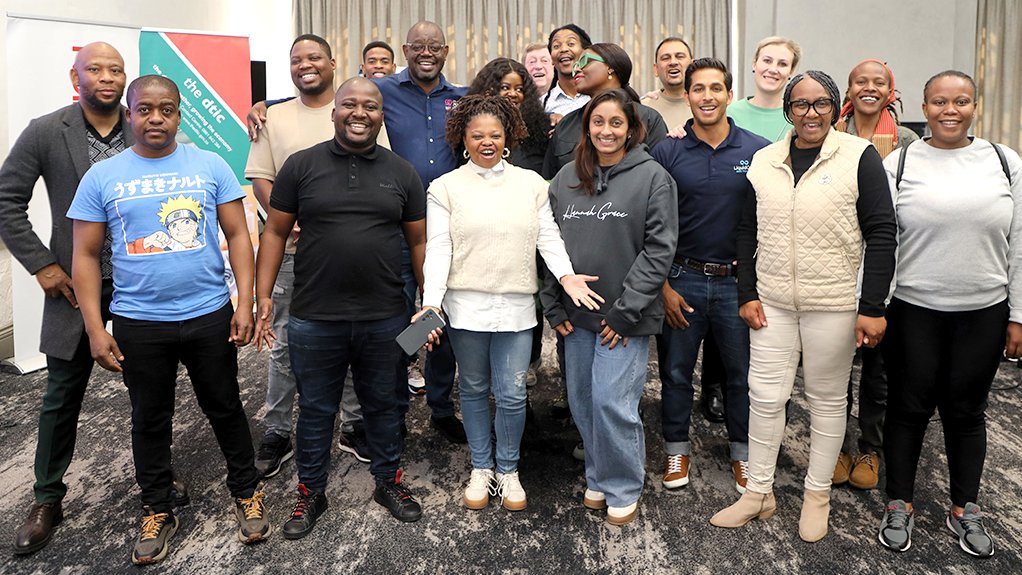Entrepreneurs funded by independent small, medium-sized and microenterprises funding trust SAB Foundation have completed the third phase of the Export Readiness Programme facilitated by the Department of Trade, Industry and Competition (dtic).
The week-long third phase of intensive training and coaching equipped participants with practical skills in export strategy development, compliance, logistics and market entry planning.
The participants also undertook a study tour to agri-business in2food, which supplies retail brands locally and has established strong markets in the UK and the EU.
The company manufactures products across the fresh, bakery, frozen and grocery categories and the visit provided real-world insights into meeting global standards and scaling operations for export success.
In further phases of the dtic Global Export Passport Programme (GEPP), over the next four months, each participating business will receive tailored coaching to develop a dedicated export marketing plan.
Future phases of the Export Readiness Programme will include market access support, where businesses will be linked to relevant platforms, buyers and opportunities to showcase their products internationally.
The Export Readiness Programme is a structured pathway to develop globally competitive small businesses, with shared investment from both partners, the SAB Foundation says.
The initiative started early in the year with an export awareness workshop, which introduced the SAB Foundation entrepreneurs to the opportunities and requirements of global markets.
This was followed by an export-readiness assessment, which evaluated participating companies and identified their strengths and areas for improvement in export development, it says.
“A key improvement we have made to the GEPP is the introduction of study tours, such as the one to in2food,” says dtic export development and support director Kwanele Mkhwanazi.
“This ensures entrepreneurs learn practically, from well-established exporters, what it truly takes to compete globally before venturing on their own export journey,” he says.
The collaboration with the SAB Foundation ensures that small businesses are taken on a structured export journey, complemented with insightful export awareness and thorough diagnostic assessment, training, coaching and actual market access, he adds.
“We call on established exporters to partner with the dtic to mentor emerging exporters by sharing their skills, experiences and knowledge, so that we build a stronger and more inclusive export ecosystem for South Africa.”
The partnership enables the SAB Foundation to give programme participants more than funding and business support, such as the tools and pathways to become successful exporters, says SAB Foundation head of programme Itumeleng Dhlamini. ![]()






